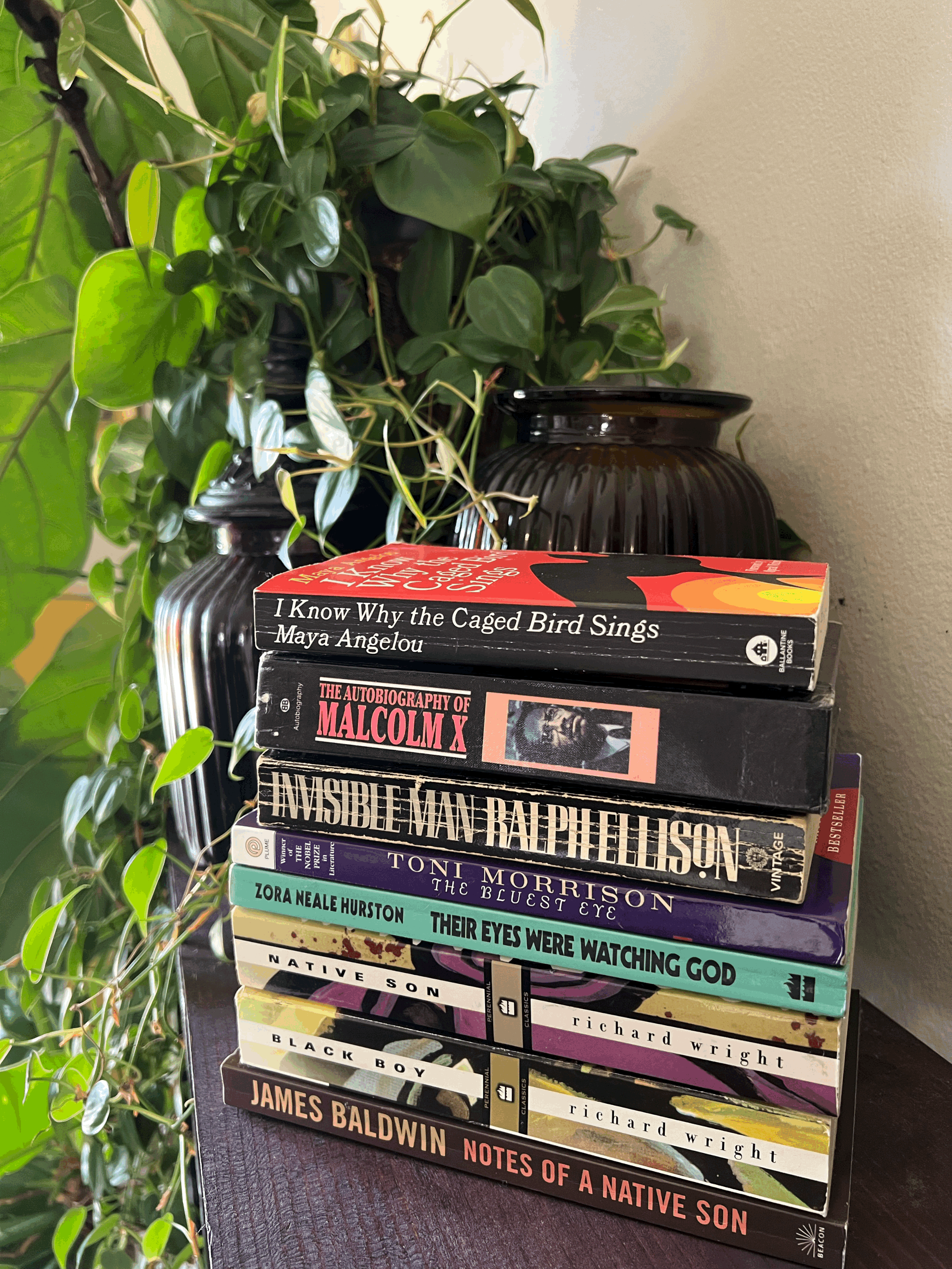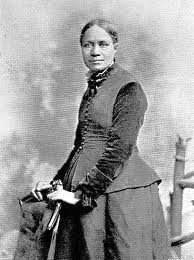

The Harlem Renaissance—the Revolution: What 1920s Black Writers Teach Modern Creators
In the 1920s, something extraordinary happened in Harlem.
Black artists, writers, musicians, and thinkers converged on a few square miles in upper Manhattan and created a cultural explosion that would reshape American art forever.
This wasn’t just a literary movement. It was a revolution.
The Harlem Renaissance—roughly 1918 to the mid-1930s—proved that when Black creators are given space, resources, and community, they don’t just participate in culture. They define it.
The lessons from that era are relevant for writers today.

Phillis Wheatley and the Act of Defying Expectations through Writing
Phillis Wheatley wasn’t supposed to exist.
Not as a poet. Not as a published author. Not as an intellectual.
She was supposed to be property. “Phillis Wheatley” wasn’t even her name.
And yet, in 1773—before the United States even declared independence—a twenty-year-old enslaved Black woman took the identity imposed upon her and, making the most of it, published a book of poetry that would make her the first African American and the first enslaved person to publish a book in the American colonies.
This shouldn’t have been possible.
The fact that it was—the fact that she made it possible—tells us everything we need to know about what it means to write when the world says you can’t.

Black Literary Voices Matter Now More Than Ever: A Love Letter to Our Literary Ancestors
Every February, we celebrate Black History Month. And every February, I’m reminded that Black history isn’t just history—it’s nourishment and strength for the present. It’s urgent. It’s now.
Nowhere is this truer than in literature.
Right now, across the United States, school boards are banning books by Black authors. Publishers are reconsidering diversity initiatives. The idea of “DEI” has become a political weapon. And yet Black writers keep writing. Black stories keep demanding to be told.
We’ve always written in the face of opposition and silencing. We’ve always created despite the systems set up to overlook, handicap, and ignore us.
This month, as I try to do every year, I want to invite you into the rich, radical, beautiful legacy of Black literature. Not as a distant history lesson but as a living tradition we’re all part of—whether as writers or readers, whether Black or not.
Black literary voices matter as they always have. And they matter more than ever right now.

Pray for Unusual Aptitude: Why Christian Writers Must Read Widely
There's a question I ask every writer I coach: "What are you reading right now?"
The answer tells me a lot.
Some writers rattle off three or four books—fiction, nonfiction, maybe a memoir, something outside their comfort zone. Their faces light up talking about what they're learning, what's inspiring them, how another writer's technique is shaping their own work.
Other writers hesitate. "Well... I'm reading a couple of books for research. And I just finished a book on writing. But I haven't really had time to read for fun."
And some writers—more than you might expect—say, "Honestly? I haven't been reading much. I'm too busy writing."
When I hear that last response, I know we've got work to do.
Because here's the truth: You cannot write well if you do not read widely.

Writing from a Well Mind, Body, and Spirit: Why Rest Is Your Secret Weapon
I once had a coaching client who couldn't understand why her writing had stalled.
She had the time—she'd carved out two hours every morning. She had the idea—a powerful message about healing from trauma. She had the skill—her early chapters were beautiful. But somewhere around chapter five, the words stopped coming. She'd sit at her desk, stare at the screen, and feel... nothing. No inspiration. No energy. Just exhaustion.
"I don't know what's wrong with me," she said. "I should be able to do this."
I asked her about her life outside of writing. Full-time job. Three kids. Aging parent she was caring for. Church commitments. A marriage that needed attention. She was running on five hours or less of sleep, eating whatever was fastest, and hadn't taken a real break in months.
"When's the last time you rested?" I asked.
She laughed. "Rest? I'll rest when the book is done."
That's when I told her: The book will never be done if you don't rest first.

What Martin Luther King Jr.’s Writing Life Teaches Us About Courage
When we think of Dr. Martin Luther King Jr., we often picture the orator—the man whose voice rang out across the National Mall, whose cadence moved crowds, whose "I Have a Dream" speech became the soundtrack of a movement.
But just as there was the preacher in the pulpit, there was the writer at his desk.
Dr. King understood something that every writer must grasp: words on a page carry a power that spoken words alone do not. They can be read and reread. Studied. Distributed. They outlive the moment of their creation and speak to generations yet unborn.
For the last fifteen years that I’ve been writing this blog, during this week, I’ve made it a point of necessary remembrance to meditate on Dr. King as a writer. I don’t always get a post out, but my focus is always there. His writing life teaches endless lessons to those of us who put pen to page with the hope of changing hearts, shifting culture, and moving people toward justice and truth.

9 Strategies for Starting Your Writing Year Well (Not Just Strong)
Every January, writers everywhere make the same promise: This is the year. This is the year I finish the book. This is the year I finally start.
By February, many of those promises have quietly gone unkept.
It's not because they lack talent or calling, or even time. Most often, it's because they approach their writing practice the same way they approach New Year's resolutions—with enthusiasm but no sustainable plan.
I don't want you to start 2026 strong only to fizzle out by March.
I want you to start well—with intention, with wisdom, with practices that will carry you through the whole year. Not just productive weeks, but a writing life that honors the whole person God created you to be: mind, body, and spirit.
Here are nine strategies to help you do exactly that.

History-Maker Frances Ellen Watkins Harper: Writer of Justice, Truth, and Liberation
Before there was Toni Morrison and Zora Neale Hurston, there was Frances Ellen Watkins Harper—a poet, abolitionist, suffragist—who in 1892 made literary history with the publication of Iola Leroy, one of the first novels published by an African American woman. But this was more than just a novel—it was a powerful refutation of the lies that had long been used to justify slavery.

Writing While Black: Baldwin, Wright, and the Weight of Place
James Baldwin once said that leaving America for Paris in 1948 was an act of survival: "The years I lived in Paris did one thing for me—they released me from that particular social terror which is not the paranoia of my own mind but a real social danger visible in the face of every cop, every boss, everybody."

Invisible Man and the Irony of Erasure
To be seen is not the same as being recognized. Invisible Man exposes how visibility can be conditional, transactional—even manipulated. As DEI rollbacks and book bans rise, Ellison’s novel feels eerily relevant.
